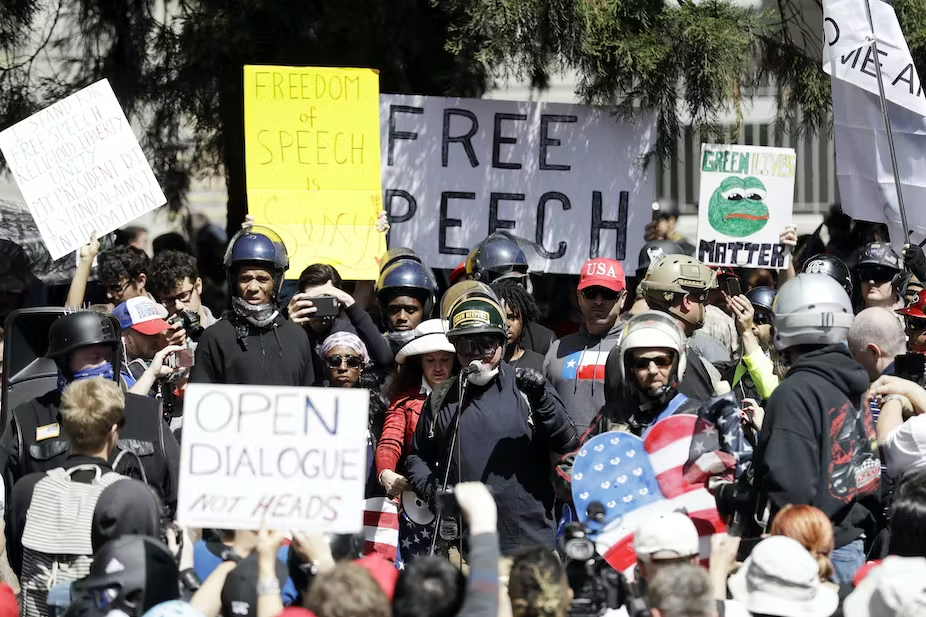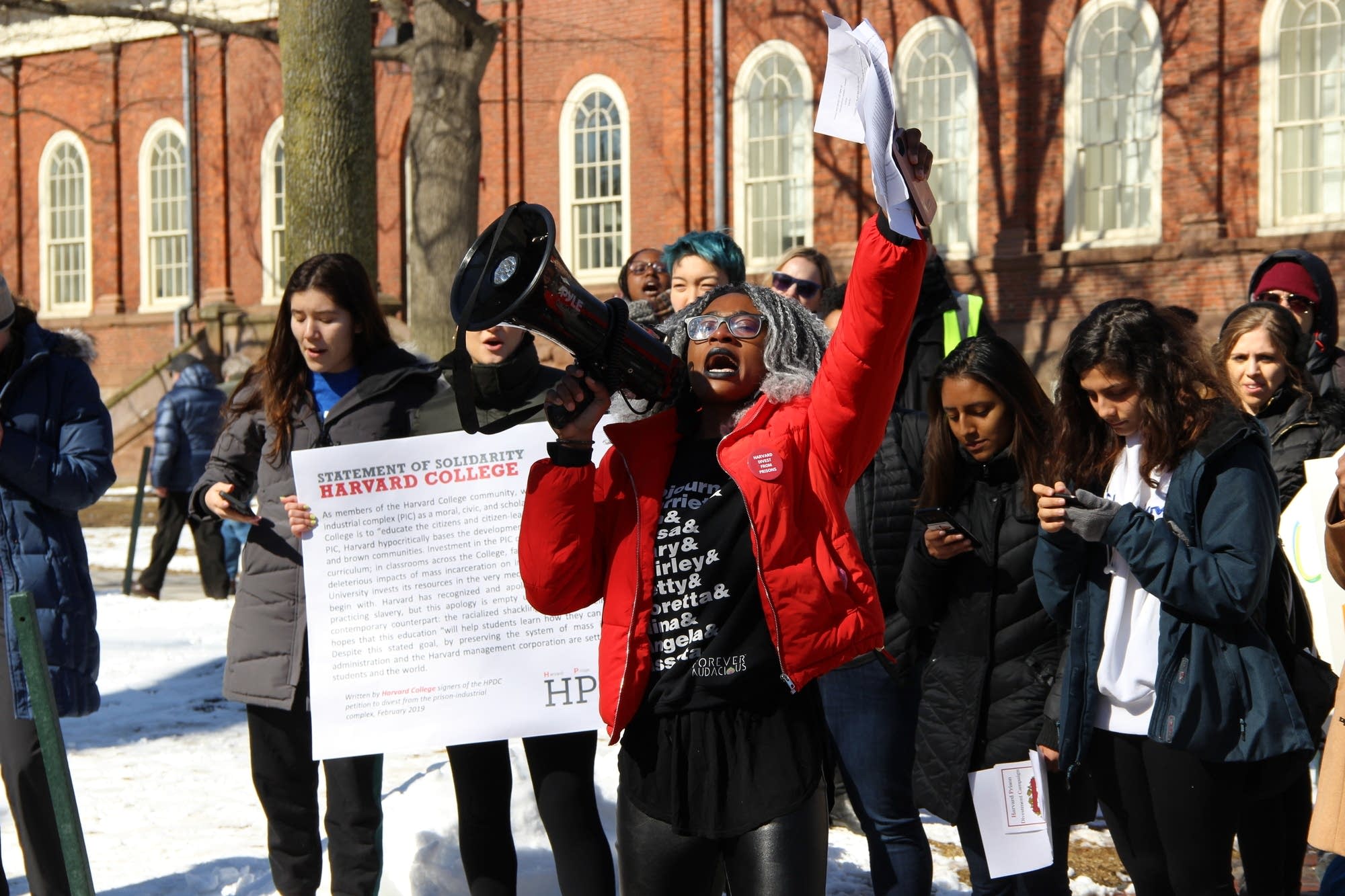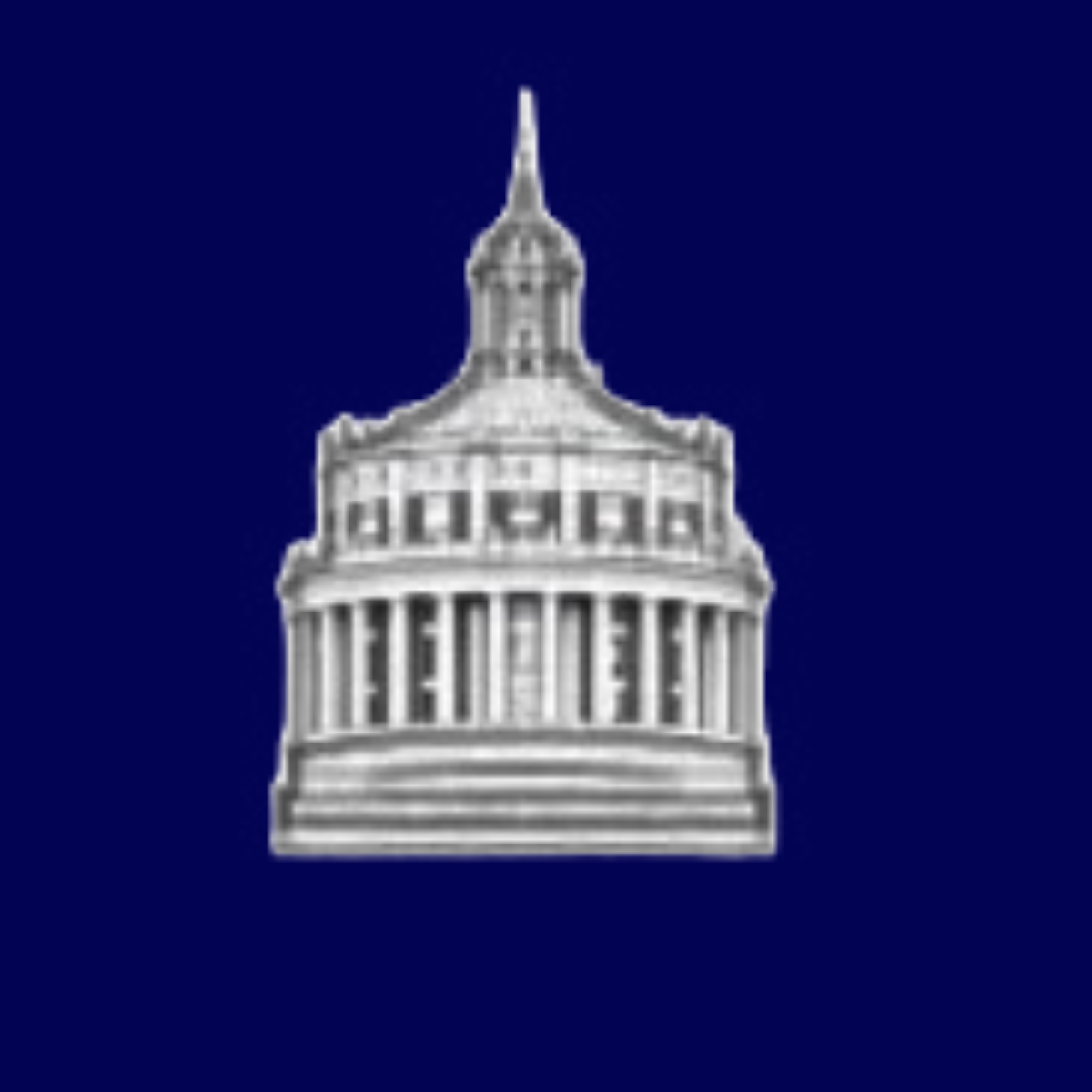
The Free Speech Crisis
While college campuses have traditionally been viewed as bastions of free expression and intellectual debate, some individuals (notably faculty and alumni) have raised alarms about a perceived crisis of free speech on campuses across the United States.
Another factor contributing to a free speech crisis on campus is the increasing politicization and polarization within universities. Many campuses have become hotbeds of political activism, with students and faculty members often aligning themselves with specific ideological positions and using their platforms to advance specific agendas. This can create an environment where certain viewpoints gain favor over others, and where dissenting opinions are discouraged or even punished. In fact, some students who may hold a perceived minority opinion have felt silenced due to the real fear of negative peer responses, resulting in de facto self-censorship, an outcome decidedly contrary to a core principle of a university’s expressed goal of free expression and intellectual debate.
As alumni, we can weild a certiain influence to protect and preserve the principle of academic freedom and unfettered free speech at our alma maters. Alumni around the country are raisinig alarms and advocating free speech safeguards by creating an influential alumni group with the help of the Alumni Free Speech Alliance (AFSA).
There is widespread attention in our current culture focused on diversity. Sadly, diversity of opinion is not part of the current thinking. We believe that needs to change.

Advocating for Free Speech
AFSA groups have been widely successful at advocating for free speech on and off campus. For instance: at Davidson College in North Carolina, alumni pressured faculty to affirm a Freedom of Expression statement. The Massachusetts Institute of Technology Free Speech Alliance (MFSA) hosted a civil debate regarding Diversity, Equity, and Inclusion policies, just a few years after Dorian Abbot, a Professor at the University of Chicago who opposed DEI, was uninvited from the campus due to his views. At the University of North Carolina (UNC), the Board of Governors approved a ban on compelled political speech. In February 2023, UNC trustees voted unanimously to establish the School of Civic Life and Leadership.

